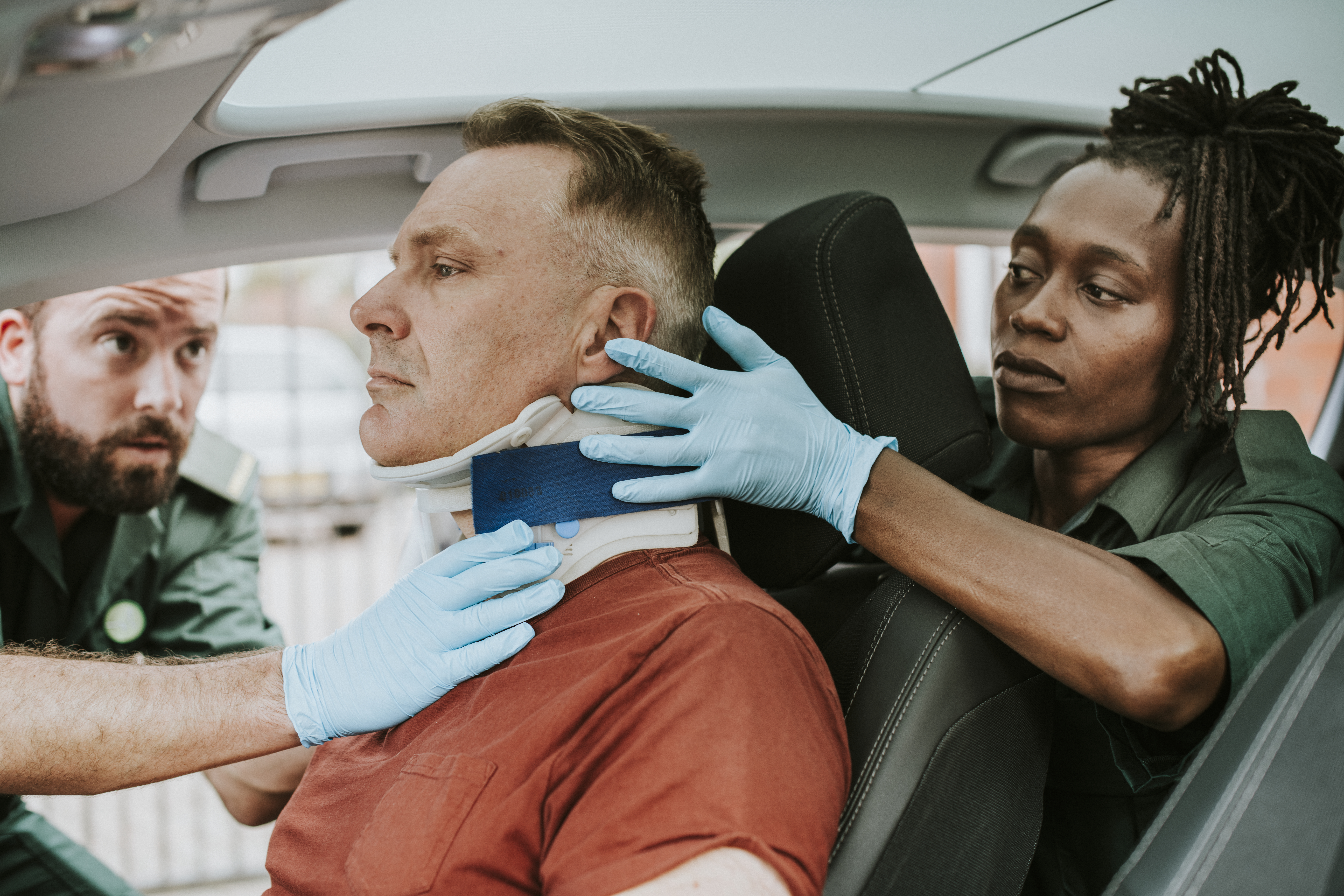Automotive MedPay, or Automotive Medical Payments coverage, has been a hot topic of conversation recently among financial publications including MarketWatch, WalletHub, NerdWallet, and Forbes. In the unfortunate event of a car accident causing injury to you and/or your passengers, having MedPay can be a saving grace. This optional insurance coverage not only provides financial assistance but also offers peace of mind and protection.
Automotive MedPay is crafted to cover medical expenses for both you and your passengers, regardless of fault in the accident. MedPay can assist with ambulance fees, medical consultations, health insurance deductibles, copays, hospital stays, prosthetic devices, rehabilitation expenses, and funeral costs. Additionally, MedPay may cover you if you’re injured in a car accident in someone else’s car or injured from a car accident when you were a pedestrian.
When you invest in Automotive MedPay coverage, the amount you choose determines the maximum protection available for each individual on your policy. For instance, if you opt for $2,000 in MedPay coverage and both you and a passenger sustain injuries in an accident, each of you would be eligible for up to $2,000 in coverage.
While Automotive MedPay provides comprehensive coverage, there are specific expenses it does not cover, including lost wages due to inability to work, medical costs unrelated to the car accident, and replacement services for tasks you are unable to complete because of injuries, such as household chores or childcare.
Automotive MedPay coverage is readily accessible across the majority of states, with some states mandating its inclusion or availability:
- Arkansas
- Delaware
- Maryland
- New Hampshire
- Oregon
- South Dakota
- Texas
- Virginia
- Washington
- Wisconsin
In states other than those mentioned, Automotive MedPay insurance may be available for purchase, but there is no obligation for it to be provided or acquired.
Who Should Buy Automotive MedPay Coverage?
In Maine, car owners are required to have at least $2,000 in Automotive Medical Payments coverage per person, while in New Hampshire, car insurance purchasers must include a minimum of $1,000 in MedPay coverage in their policy.
When choosing your Automotive MedPay coverage amount, it is typically available in the range of $1,000 to $5,000. While most states offer the option to purchase MedPay, if you reside in a state where Personal Injury protection (PIP) is either available or mandatory, it is generally considered the preferable choice.
PIP provides coverage for a wider range of expenses, including lost wages and replacement services, which Automotive MedPay does not cover. Nonetheless, in states where PIP is not an option, adding MedPay to your car insurance policy can still prove beneficial by assisting with expenses not covered by health insurance, such as funeral costs, health insurance deductibles, and copays.
Automotive MedPay vs. PIP
While both Automotive MedPay and PIP provide coverage for medical expenses after an accident, they have distinct differences. PIP goes the extra mile by covering lost wages if you can't work due to accident-related injuries, a feature not found in MedPay. PIP also includes services like housekeeping and lawn care, which MedPay doesn't cover.
In terms of availability, PIP is mandatory in 15 states, optional in four states and the District of Columbia, while Automotive MedPay is more widely accessible and required in Maine and New Hampshire if you choose to have car insurance. MedPay typically offers coverage in smaller amounts, ranging from $1,000 to $5,000, while PIP provides larger coverage amounts depending on state regulations.
While some states offer the option to buy both Automotive MedPay and PIP, PIP is often seen as the top choice due to its extensive coverage. Opting for both could lead to overlapping benefits, making it usually unnecessary to have both types of coverage.
Automotive MedPay vs. Liability Car Insurance
Automotive MedPay and liability car insurance serve different purposes. Liability car insurance covers damages and injuries caused to others unintentionally, stepping in to assist with medical expenses and legal costs in the event of an accident where the other driver sustains injuries.
On the flip side, Automotive MedPay is designed to cover medical expenses for you and your passengers, regardless of fault in the accident. From doctor visits to hospital stays and rehabilitation costs, MedPay makes sure that you and your loved ones receive the necessary medical care and support. However, it does not extend to cover property damage or legal expenses.
While liability car insurance is geared towards covering damages and injuries caused to others, Automotive MedPay focuses on meeting the medical needs of both you and your passengers following an accident. Having liability car insurance is essential in nearly all states, with the exceptions being New Hampshire and Virginia. Driving without the proper coverage can result in severe consequences, including fines, penalties, and even jail time. On the contrary, Automotive MedPay is typically an optional coverage in most states, with mandatory requirements only in Maine and New Hampshire.
Although Automotive MedPay may not be a requirement in many states, it can prove to be a valuable supplement to your auto insurance, providing financial assistance in the event of an accident. It is important to consider your current health insurance coverage and state regulations when determining if Automotive MedPay is a beneficial addition for your needs.





